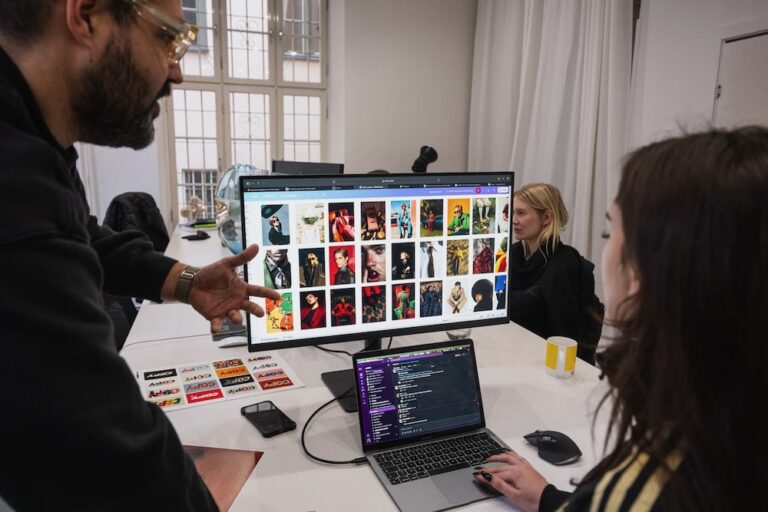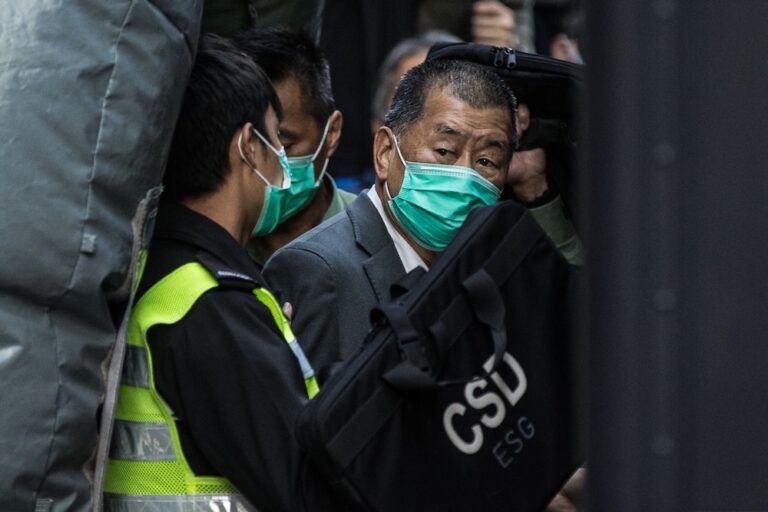To mark World Copyright Day, the International Federation of Journalists (IFJ) and the European Federation of Journalists (EFJ) are calling on their affiliates to denounce unfair contractual clauses that deprive journalists and other creators of their authors' rights.
To mark World Copyright Day, the International Federation of Journalists (IFJ) and the European Federation of Journalists (EFJ) are calling on their affiliates to denounce unfair contractual clauses that deprive journalists and other creators of their authors’ rights.
The IFJ and EFJ are also asking for new legislation to be introduced globally and at the EU level which includes safeguards for authors in contractual negotiations ensuring that both moral and economical rights are respected.
“Moral rights are a premise for the credibility of produced content,” said EFJ President Mogens Blicher Bjerregård. “Without moral rights authors have no chance to protect the reliability of their work. Furthermore, without the economic rights the authors have no chance to enforce their moral rights.” The IFJ/EFJ point to the increasing use of unfair clauses in model contracts imposed on journalists, photojournalists and other creators. These clauses deprive journalists of their authors’ rights and have a significant impact on their revenues and future use of their work.
“One cannot expect journalists to make a living when they are systematically asked to sign away their authors’ rights,” said IFJ President Jim Boumelha. “Too many of them are forced to sign model contracts riddled with unfair contractual clauses. To date, nothing protects the weakest party to a creator’s contract.”
In particular, the IFJ and the EFJ denounce buy-out clauses, assignment for future unknown uses and moral rights transfers.
“Freedom of contract cannot apply to individual journalists. We need safeguards to ensure that authors are not systematically ripped off during contractual negotiations and this should be done by law,” said Boumelha.
The EFJ points to a European Parliament study released in February of this year. It assesses the provisions of national authors’ rights and contract laws that affect creators’ bargaining power and contracts that exploit their work in the EU.
The result highlights a series of unfair provisions and contractual mechanisms that impede journalists and other creators from being fairly paid for their work.
“The best way to protect authors’ rights – ethically and economically – is, on one hand, by enforcing authorship and ensuring a fair remuneration for the use of creators’ work,” said Mogens Blicher Bjerregård.
“On the other hand, we must make it easy and fair for users to use works and in secondary use of authors’ rights protected material, and this approach should be high on the EU’s and international bodies’ agenda.”


